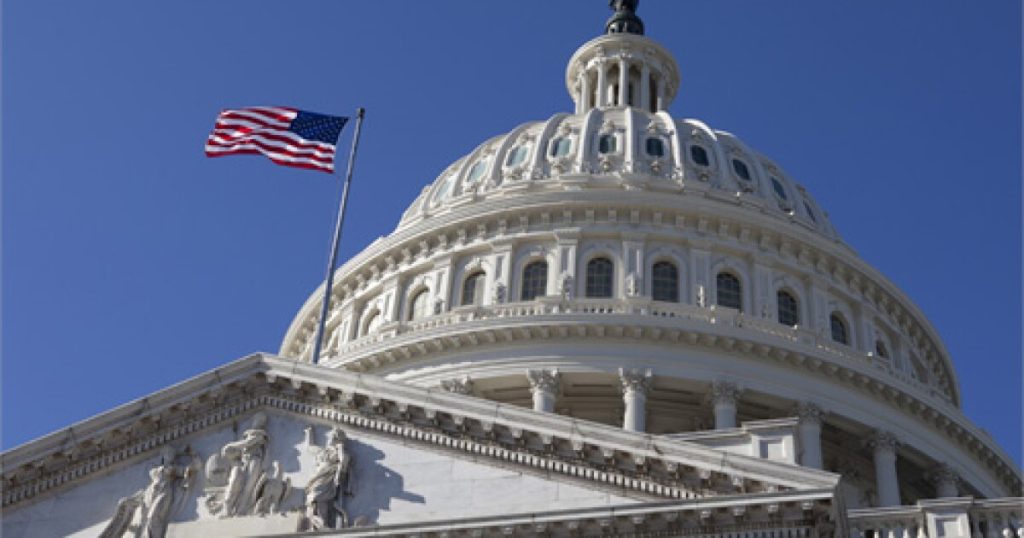The House of Representatives approved a joint resolution to roll back a 2024 bank merger rule Tuesday afternoon, sending the initiative on to the White House for the president’s signature.
The lower chamber voted 210 to 208 in favor of Senate Joint Resolution 13, which seeks to nullify the merger reforms finalized by the Office of the Comptroller of the Currency last September.
The resolution was
The joint resolution, put forth under the auspices of the Congressional Review Act, will now go to President Donald Trump’s desk to be signed and implemented. After that, the OCC will be prohibited from implementing substantively similar reforms in the future. Congress has already passed CRA resolutions against the Consumer Financial Protection Bureau’s larger participant rule for data firms and a rule limiting overdraft fees, which Trump
Last year, the OCC amended its bank merger review and related policy statement. In doing so, it eliminated provisions of its framework related to expedited reviews and the use of streamlined applications. The agency argued that the changes would do little to delay the approval of permissible mergers while ensuring that sufficient information was collected about applicants.
The OCC, led at the time by Acting Comptroller Michael Hsu, said the changes increased transparency in the merger review process. The changes came as part of a broader push by the Biden administration to
Opponents of the reforms, meanwhile, said they would only make the merger review process longer and more complicated, placing an undue burden on smaller banks.
In a statement last month, Barr accused the OCC’s reforms of injecting “politics into the merger process.” He said the new framework would discourage responsible bank growth and accelerate consolidation in the banking system.
“Mergers increase competition and make our banking system more dynamic,” Barr said. “By allowing banks to realize economies of scale and pass cost savings on to consumers, these acquisitions result in better rates, lower fees, and expanded access to credit — especially in underserved communities.”
In March,
While the Fed typically grants or denies most merger applications within 45 days, some bank policy experts say enforcing strict timelines would only serve to rush the decisionmaking process.
“A rigid 90-day ‘shot clock’ would force rushed, uninformed decisions,” wrote Jeremy Kress, a law professor at the University of Michigan, in a

